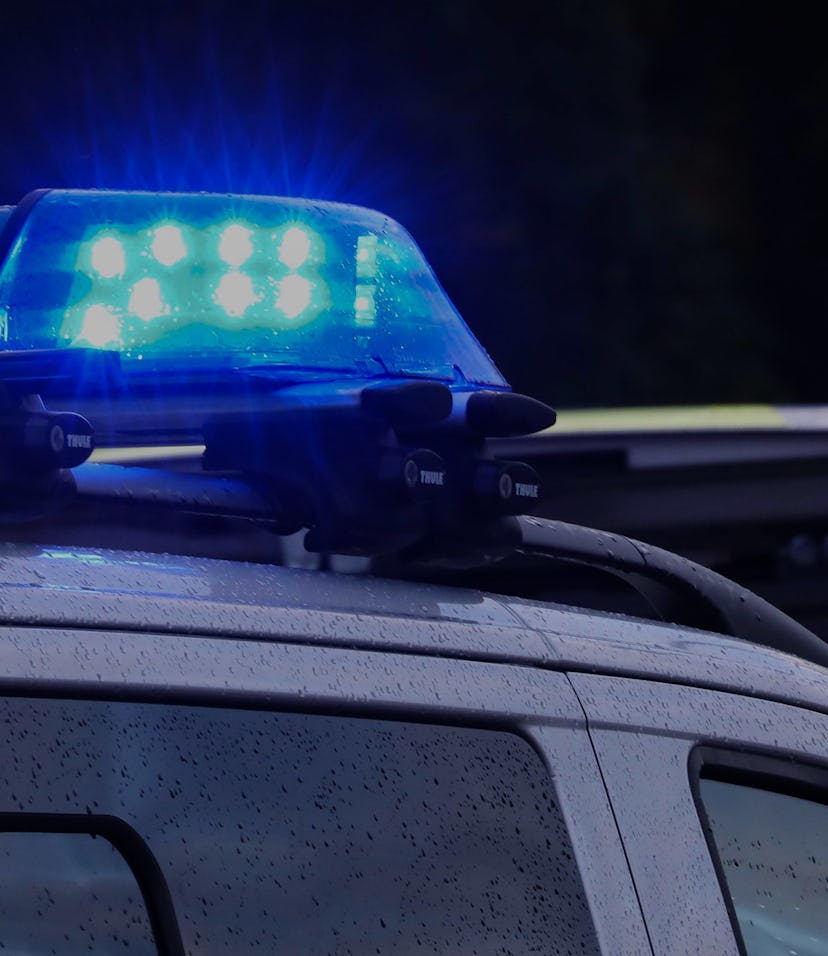Boo Hoo
No one in the U.S. wants to sell phone-tracking tech to cops anymore
'Stingray' cut direct ties with law enforcement as of June 2020, and existing systems will be bricked by the rollout of 5G.

U.S. law enforcement agencies at the local level may have to resort to using Canadian cellphone-tracking hardware after being dropped by L3Harris, the maker of the infamous "Stingray."
Scary accuracy — These tracking devices are about the size of a suitcase and operate by masquerading as a legitimate cell tower. When a phone is within range, the device forces a connection to the phone. Once connected, it prompts the device to reveal its signal strength relative to nearby cell towers. That allows law enforcement to triangulate the position of the phone, and reports have said they're accurate enough to identify which floor of a building a phone is located on.
Some of these cellphone trackers can even intercept calls and text messages, though L3Harris has said it enabled that functionality for federal agencies only.
Since L3Harris made its announcement, carriers have begun aggressively rolling out new 5G service — and the cell-phone tracking hardware that law enforcement agencies already purchased isn't capable of hopping on those frequencies. L3Harris further said it won't provide any additional upgrades, so that means agencies have to go elsewhere for new hardware. According to Gizmodo, a company in Canada called Octasic has been able to step into L3's shoes and supply a product called Nyxcell.
It's unclear if Nyxcell can intercept calls and text messages, and the company declined requests for comment from Gizmodo.
Privacy concerns — Civil rights groups have said that cellphone-tracking technology is overly invasive, and used by law enforcement with little oversight. Especially amid protests across the country, police have stepped up use of advanced surveillance technologies like facial recognition to retaliate against protestors and arrest them for petty crimes in what many believe is a form of intimidation. African Americans are already disproportionately penalized for minor offenses, and you can see how such technology might exacerbate the issue.
Amid scrutiny from the public, many private companies have walked back their use of surveillance technologies. The convenience chain Rite-Aid, for instance, said it would stop using facial recognition to monitor customers in its stores. Amazon said it would at least temporarily stop offering its facial recognition software to police agencies.
Even with more oversight, the current administration labels rights groups as terrorists. That blurs the lines between clear and present danger to the nation and local petty crimes. Maybe that will change in eleven days.